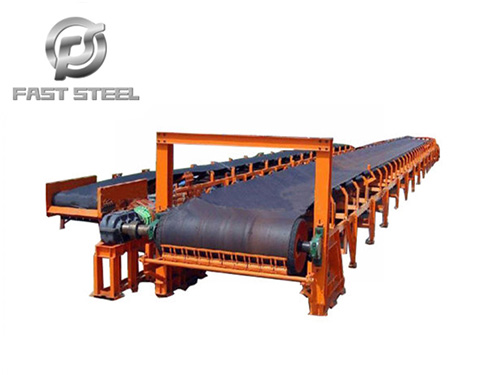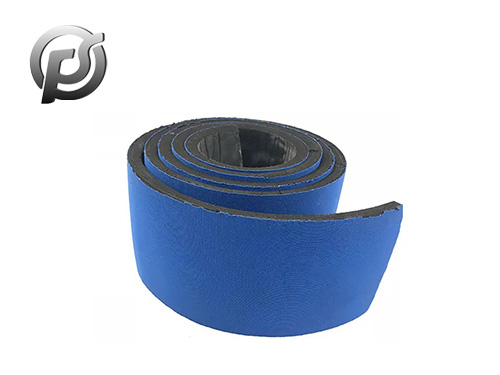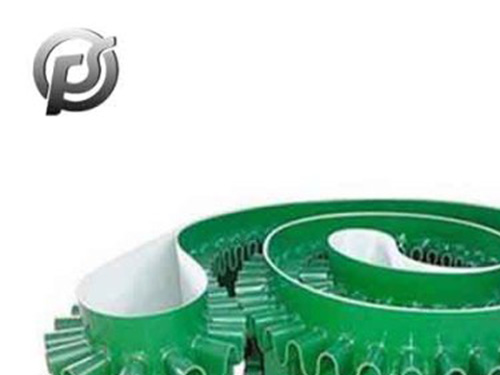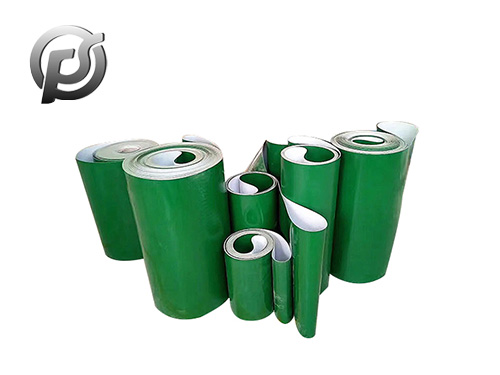In the realm of industrial automation, the humble yet indispensable
industrial conveyor belt has become a symbol of efficiency and productivity. This article delves into the transformative impact of industrial conveyor belts, exploring their diverse applications, technological advancements, and their pivotal role in streamlining various industrial processes.
Industrial conveyor belts are ubiquitous in manufacturing facilities, warehouses, and distribution centers, serving as the silent workhorses that facilitate the seamless movement of materials. From raw materials to finished products, these conveyor systems play a crucial role in optimizing production workflows, reducing manual labor, and increasing overall operational efficiency.
One of the key advantages of industrial conveyor belts lies in their ability to handle a wide range of materials, sizes, and weights. Whether it's transporting heavy machinery components or delicate electronic parts, conveyor belts provide a reliable and consistent means of moving goods throughout a production facility. This versatility is essential in industries such as automotive, food and beverage, and logistics, where the need for precision and speed is paramount.
Technological advancements have further elevated the capabilities of industrial conveyor belts. Automation and smart technologies enable real-time monitoring of conveyor systems, allowing for predictive maintenance and minimizing downtime. Integration with sensors and control systems enhances the adaptability of these belts, ensuring they can respond dynamically to changes in production requirements.
The implementation of modular conveyor systems has also gained traction, offering flexibility in design and scalability. This modular approach allows businesses to customize conveyor configurations to suit their specific needs, making it easier to adapt to evolving production demands.
In addition to their operational benefits, industrial conveyor belts contribute to workplace safety by reducing manual handling and the associated risks. They are designed with safety features such as emergency stop mechanisms and overload protection, prioritizing the well-being of workers in industrial settings.
Environmental considerations are increasingly shaping the design and use of industrial conveyor belts. Energy-efficient motors, eco-friendly materials, and recycling initiatives contribute to the sustainability of these systems. As industries strive to meet environmental targets, conveyor belts are evolving to align with these broader sustainability goals.
In conclusion, industrial conveyor belts stand as unsung heroes in the world of manufacturing and logistics, driving efficiency, safety, and adaptability. As technology continues to evolve, these conveyor systems will likely play an even more pivotal role in shaping the future of industrial automation, paving the way for smarter, greener, and more streamlined production processes.


 PE Conveyor Belts: Characteristics, Applications, and Advantages
PE Conveyor Belts: Characteristics, Applications, and Advantages
 Stone Conveyor Belt: Enhancing Efficiency and Productivity in Material Handling
Stone Conveyor Belt: Enhancing Efficiency and Productivity in Material Handling
 Optimizing Operations with PE Conveyor Belts: Durability, Efficiency, and Versatility
Optimizing Operations with PE Conveyor Belts: Durability, Efficiency, and Versatility